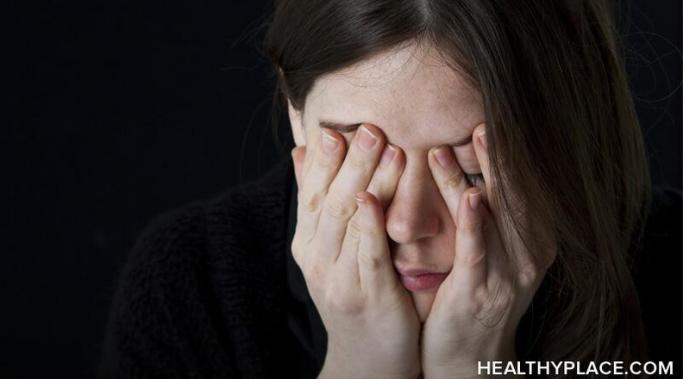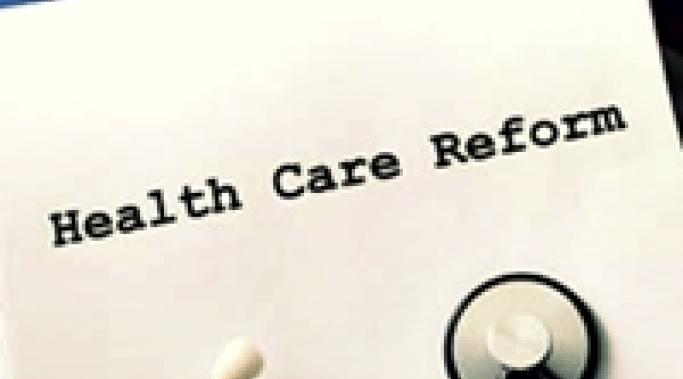Blogs
A Cause of Sandy Hook School Shooting?
The obituaries in my local paper still contain too many heartbreaking attempts to sum up the life of a six-year-old. My friends continue to tearfully share personal connections to the heartbroken families in Newtown, where less than one week ago lives were tragically ended - and countless more changed - forever.
As we continue to cry out:
Why? how? And how we prevent this from happening again?
The voices of reason speak out: Better Gun Control. Fewer violent video games. A shift in media coverage to stop sensationalizing violence. More enforcement of mandated treatment for those who need it. And - a cause we have felt personally ever since Ben's diagnosis of schizophrenia - more help and services for those with mental health issues, and for their families.
Who will listen? Who will act?
We must. All of us. Pick a cause and advocate. Fight back. Speak out. Insist upon change. And don't let these issues fade.
tneely
I am Tanisha Neely; a mid 30's Literary Artist, Social Media Junkie, Storyteller, World Traveler, Science Nerd, Mother, Lover, Fighter, Yogini and Crochet Artist.
Most of the time, I do a respectable job at passing for normal.
Your guide to this holiday session for finding gifts and ideas that will give happiness, inspiration, motivation, and health to your friends and family.
The feeling of an oncoming panic attack is like a wave; managing the panic attack seems hopeless. It begins by lapping at your feet, or at the outermost portions of your brain. Oh no, what if I get anxious right now.
Oh no, I don't want to feel this way! Oh no!
I have Schizophrenia and because of this I understand that my illness can be a liability for myself and those around me. Though I am a productive citizen of society when medicated, my illness also puts me at risk for relapse in the future. For this reason, I would never allow myself access to firearms for both my personal safety and those around me. This is not because I am an evil person, but because Schizophrenia can result in erratic behavior if uncontrolled. People with Schizophrenia are at high risk for suicide, as nearly 10% will end our lives from our illness. There have also been incidences of homicides as a result of psychotic episodes.
In the wake of the Newtown, CT, tragedy last week I’m reminded again how fragile language is in our moments of deepest shock and despair. ‘Pain’, ‘grief’, ‘loss’, ‘shock’ hardly begin to scratch the surface of what it means to live through a traumatic event and then face the task of learning to live after it.
In the wake of my own trauma, I acutely felt the absence of words.
Americans are obsessed with fame, which they see as a passport to emotional well being, validation, respect, better tables at restaurants, wealth, improved dating options, and immortality. This perspective is jejune, puerile, naïve, and stupid. Fame is very different than what one imagines, as I have discovered since joining the Healthy Place team and penning my delightful weekly mental health humor blog, “Funny In The Head”.
Prior to joining Healthy Place I was an aspiring poet, novelist, memoirist, cartoonist and Taz Mopulist marooned in obscurity; stitching and unstitching my agonized, overwrought, self-indulgent verbal constructions with the sort of doom and fatalism usually reserved for reading novels by J.P. Sartre. Family members frequently posted my first driver’s license photo on milk cartons with the melancholic question, “Have You Seen Me?” I could have made a tidy sum consulting for the FBI’s Witness Protection Program.
The school shooting in Connecticut is a sign that we are way overdue for some adult conversations about mental illness. While Liza Long has started the conversation in her viral piece "I Am Adam Lanza's Mother," not all people with severe mental illness are violent. But she raises a valid question: Is mental illness the problem?
People either getting dragged back into addiction because of the holiday spirit or not being able to say no to a drink at the office Christmas party or New Years celebration. Or maybe they’re depressed because of the situation they’re in and deal with it by getting back into drinking or drugging. While all these may be difficult to deal with, there are certainly ways to get through the holidays clean and sober.
I believe the holidays hit everyone. Sometimes that hit is very positive, sometimes it’s really negative, but I think that hit is real and pretty universal. If it’s not parents, it’s siblings, if isn’t not kids it’s money, if it’s not partners it’s the planning of perfection. In short, there’s something for everyone to be stressed about at this time of year.
For me, personally, I can’t count the number of times I would leave my family and cry and sob for hours as I drove home. Holidays have never really hit me positively.
And as I’ve said before, even if you’re lucky enough to get a positive kick from the holidays, even good times can lead to bad health. But knowing the hit is coming, is there anything we can do to soften it?









![MP900446397[1]](/sites/default/files/styles/blog_listing/public/uploads/2012/12/MP9004463971.jpg?itok=XnPjhT6i)